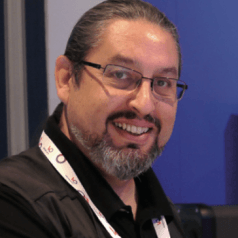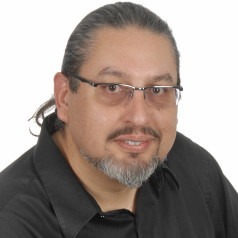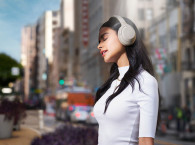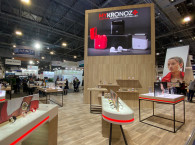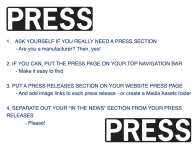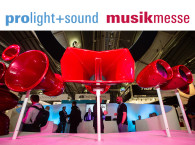Many years ago I attended a sales seminar where the presenter introduced me to that question as being the one all sales people (and businesses) should ask themselves first to define the correct sales strategy. The guy was good, because that question stuck with me until today.
In that sales training, there was no "sell me this pen," instead I learned that it doesn't matter how good your product is, if you don't understand who your selling to, what needs your product addresses, and how you rate in the client's priorities, then it's almost impossible to have a successful sales pitch.
The problem with that approach is that this was usually applied in the typical cold calling pitch, and it didn't seem to me that I could apply it when selling a loudspeaker or an audio amplifier. After all, in the first years of my career I basically attended to the clients who wanted to buy something. That is, until I stepped away from sales and started coordinating brand and marketing strategy to increase sales.

In those days - this was the 1980s, by the way - the calendar year for a reseller was basically divided into "going to shows," "get new products," going to trainings or "learn about the products," and selling time. Going to shows was never questioned or debated. That's what you do to get to know companies, identify products, technologies and solutions, and make sure you pick the best ones first.
That's how I also learned the importance of meeting people and creating relationships with the industry, and how that made all the difference in the world. Especially at a time in the industry where you could still meet the founders who gave the names to the brands. My core market was not even audio, but that's how I met Dr. Fritz Sennheiser and his son Jörg Sennheiser, how I met Sidney Harman, and many more from other industries that would be less recognizable to our readers, but for me were decisive.
I learned to attend trade shows in the era when it was crucial to bring back a large bag weighing 80 pounds filled with catalogs, price lists, and product manuals. In fact, I quickly learned to look at the global trade show calendar and sometimes attended regional trade shows just to find new products ahead of the major international events and establish an early relationship with a new company. Those local shows were mainly targeted at meeting final clients and end users for the region, but they were an effective way to meet key people with more time available, and learn how they defined their sales pitch in their own - sometimes more mature - markets.
Later in my career, when the Internet was starting to be a thing and companies were starting to create PDF copies of literature, I had the chance to work with brands and manufacturers establishing a strategy to exhibit at trade shows. Again, I quickly learned how important it was to meet in person with agents, distributors, and clients, and also how a company needed to have a clearly defined strategy for exhibiting, with people dedicated to taking care of the end users and the occasional visitors, create dedicated meeting spaces for distributors and large-volume buyers, while planning time to meet key partners ahead of the show. No matter if it was a local/regional event or a major international trade show.
When I moved on to work full-time in publications and I started to revisit those trade shows as technical press, I quickly learned how different those same events I had attended in the previous two decades could be from my reporting duties perspective. Independently of being international or local, some events were less relevant, while others were mandatory and demanded far more planning and larger teams than I had previously experienced, since it was no longer about scouting the exhibits and having 10 meetings, but carefully planning dozens of press events and meeting briefly with hundreds of companies, while still finding time for demos and interviews.
One of the shows I started to attend more regularly as press was Musikmesse and Prolight+Sound, then a mega-event in Frankfurt, Germany. The planning was a major challenge, with more than 8 large halls to cover, many daily miles of walkways, and making sure we had a large enough team to attend all the press opportunities. At the same time, I had already attended the NAMM show in Anaheim, CA, so I could compare the differences. The NAMM show was clearly an opportunity to meet American and a few Japanese companies annually, while Frankfurt was the place to see everyone else, including large European and Asian companies. Funny enough, I found, there was very little overlap.
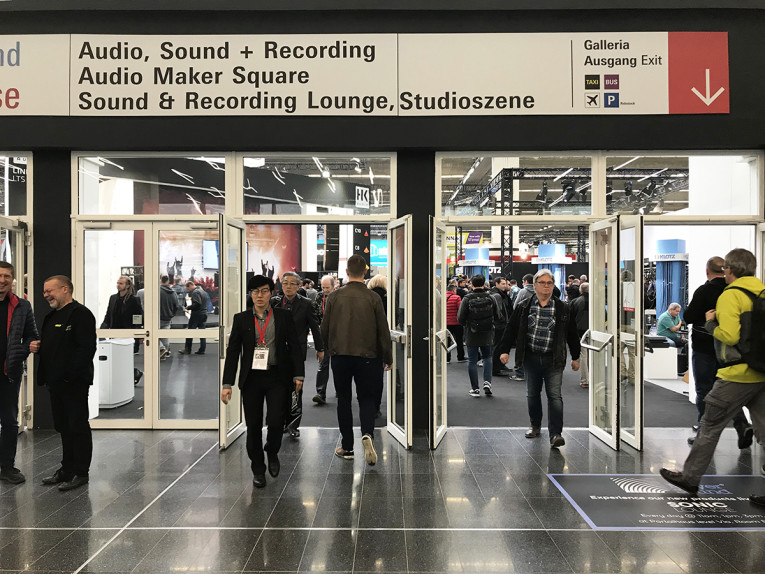
Still, Frankfurt was the only show in the world where I was frequently faced with the bizarre experience of being told by a manufacturer that they only had press kits or even product literature in German, because those companies were exhibiting mainly to cater to the local market. In many product segments of both the Musikmesse and Prolight+Sound I would frequently be faced with the need to have meetings in outside hotels to meet executives from the manufacturers, which were exhibiting in partnership with their distributor for Germany, or Central Europe. I even attended press conferences at which I was told that all presentations were in German only.
This, at a time when Frankfurt Messe - the world's largest trade show organizer with its own exhibition grounds - was working hard to expand its globally recognized trade shows into Eastern Europe and Asia, which it did successfully in the case of Prolight+Sound and many others. But while that strategy was dependent on dealing directly with manufacturers and convince them to partner on a whole-year event of carefully planned shows, in Frankfurt, Musikmesse and Prolight+Sound shows were being increasingly targeted to the local distributors and the local market, and the big brands were moving away to other more dynamic international shows.
Fast forward nearly two decades, the Integrated Systems Europe (ISE) in Europe, promoted by AVIXA (InfoComm) and CEDIA is now a mammoth annual global event with a huge momentum; the NAMM show expanded with two large halls to be able to accommodate the professional audio and entertainment technologies; while Musikmesse has turned into a music festival for the city of Frankfurt and is now a sad memory of what once was the largest global musical instruments event. Even Prolight+Sound entered a downward spiral of which it is having a very hard time to get out, with many of the 2019 edition exhibitors telling us this would be their last presence there.
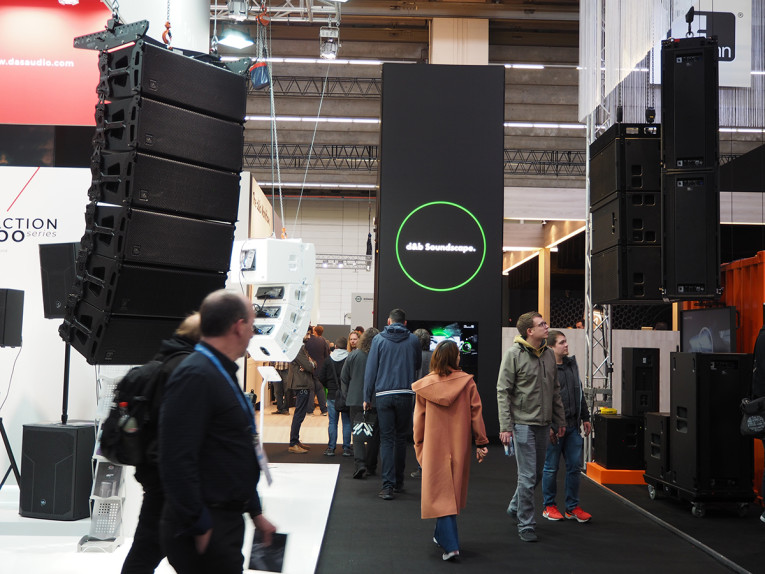
Because, they can. They no longer have to attend. There are truly other alternatives available to them. Prolight+Sound has turned into an important event only for Germany and maybe some central European markets, and Musikmesse is now apparently considered irrelevant, since the manufacturers no longer feel the need to attend, now that the European musical instruments and studio market is dominated fully by the large Germany-based online retailers, and distribution is mainly handled by box-movers. The trade, which was holding that show together, is gone.
Many trade shows have faced similar challenges and they evolved. Most brands continue to recognize how important it is to attend trade shows. They simply go to those events that fit their strategy in a global market, where they know they will meet attendees that fit their strategy. The NAB Show (promoted by the National Association of Broadcasters) ended last week another very successful edition, because it has evolved every year to follow the market - now turned into media content production for all platforms, from podcasting to Netflix.
The NAMM show faced similar challenges to the Musikmesse when the musical instruments distribution channel changed radically. Its organizers reinforced their relationships directly with the manufacturers and the brands, and created a global platform for the whole entertainment market segments gathered around the common passion for music. In other words, they recognized what holds those markets together... and stayed relevant.
Like the companies that attend trade shows to keep selling and stay top of mind to their addressed markets, trade show promoters also need to recognize how they fit into the whole equation. "With all the options..."


